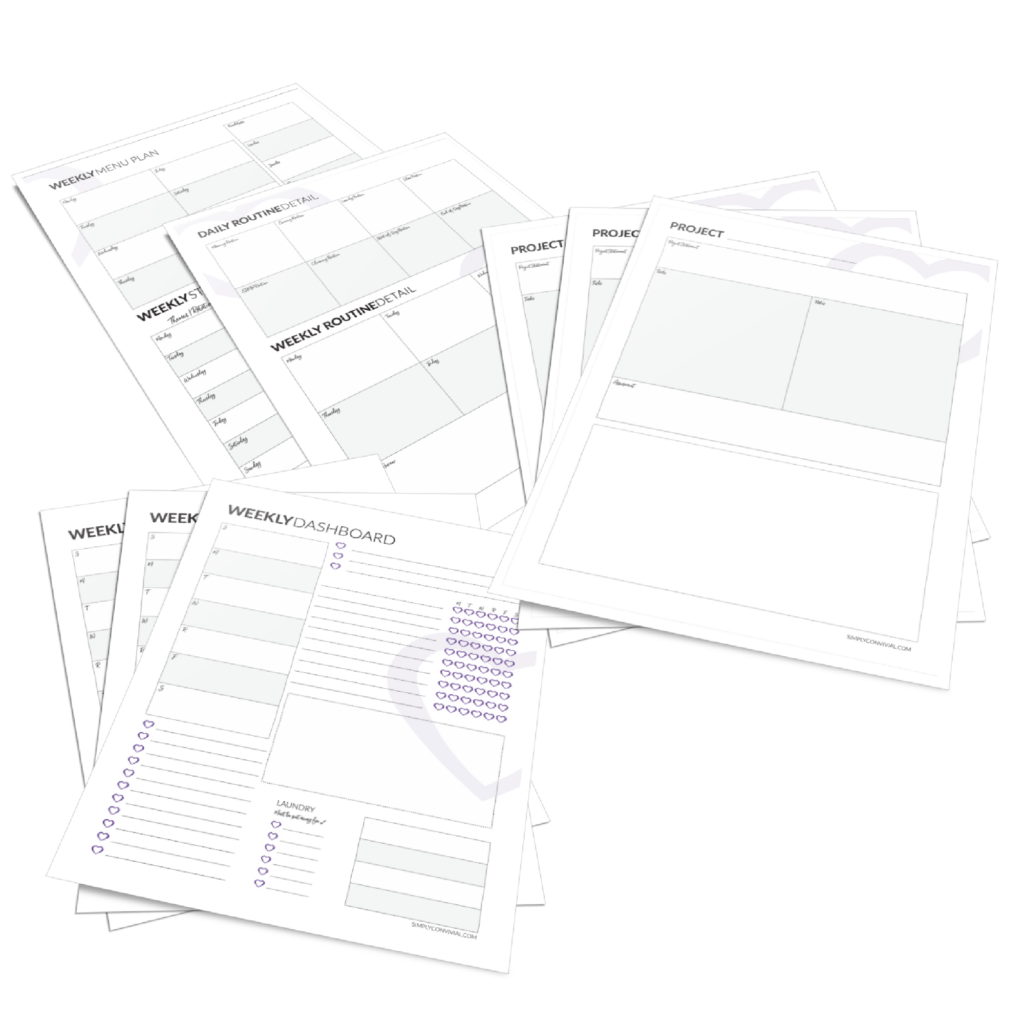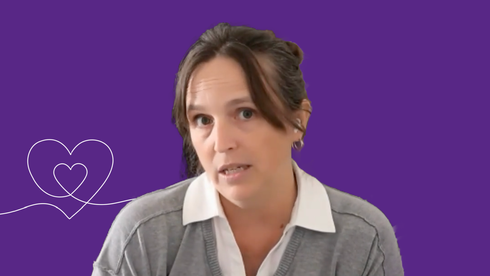Why make plans when they don't work out?
We might think that making a plan and working a plan is all about the planner, the app, the method, but the truth is that how we think about our planning going into it matters tremendously.
We know that no plan survives first contact with the enemy. Plans are nothing, but planning is everything. Yet, as moms, we don’t have time to waste on plans that don’t work.
I remember very vividly being struck by a line of poetry by T.S. Eliot once quoted by Cindy Rollins:
“Dreaming of systems so perfect that no one will need to be good.”
I wasn’t ready for that when I heard it first. What I really, really wanted was a system so perfect that I wouldn’t have to expend any effort at all, I could just hum along doing whatever I wanted and everything would just work out.
Turns out life doesn’t work that way.
That line haunted me and was there when I needed it.
Why Make Plans?
The problem isn’t with setting up systems. Systems can help us reduce decision fatigue so we don’t get so worn out by the dailiness of life. What is a problem is the search for a system that will make life easy.
I do not have a system that will make life easy, because that’s not the goal in life.
God’s goal for our lives is our sanctification. That’s not an easy road. But it is a good one. And if our eyes and our aims are fixed on growth rather than checkmarks, on building rather than on success, then our attitudes will be aligned with reality, the reality that God doesn’t let us control our outcomes. But He does call us to faithful obedience and stewardship.
Therefore, our purpose in learning to make better plans and work them out more effectively is to serve well, not to prove ourselves.
The reason we care about planning at all is that we want to fulfill the responsibilities God has given us. We want to be ready and willing to meet the good works God has laid out for us to do, and then, as Paul writes, do so more and more.
We have to shift our mindset about planning from one that seeks control to one that seeks faithfulness. Proper productivity comes from engagement, not control.
Too much of our planning comes from a desire to control the outcome, to get what we want, to be in charge. But if we want it to be truly effective, our planning needs to be about being prepared and ready, not about being in control.
Because, of course, we aren’t in control. God is. And we can trust Him. He will throw things our way that we don’t expect. Sometimes we will immediately see how what He has is better than what we were planning, but most of the time what He sends looks like trouble and problems and even disaster.
But responding in faith is seeing that nothing comes from chance but from His fatherly hand, so we can move forward whatever comes knowing that His hand is in it and that there is a path of faithful obedience in front of us. That’s what matters: following the path of faithfulness, wherever that path winds and twists.





